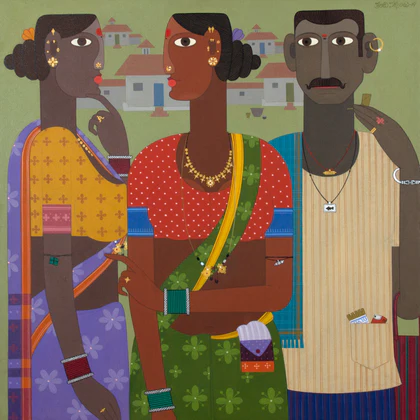
As per tradition, gold was mined near the origin of this river at a village named Piska near Ranchi. This is why it was named Subarnarekha, meaning “streak of gold”. Legend has it that traces of gold were found in the river bed. Even now, people look for traces of gold particles in its sandy beds. The name is a combination of two words meaning gold and line/ streak in Indian languages.
This river flows through Jamshedpur which is a confluence of different eastern cultures along with Sikh, Muslim and Christians. It is situated in the southern end of the state of Jharkhand and is bordered by the states of Odisha and West Bengal.
There is a also an Indian film that is created around the river as a beautiful metaphor. The film is called Subarnarekha. (https://feminisminindia.com/2019/07/19/sita-changing-identity-ritwik-ghataks-subarnarekha/)
The irony of the movie is that despite the hustle and bustle of male voices in Bengal, the protagonist of the movie remains Sita, a woman. The storyline is etched around an obvious satire to not only represent the politics in gender identities through Sita but to also mock at the patriarchal values rooted in the foundation of the society. The beauty of the misery in Subarnarekha lies in the setting and the characters, and most importantly lies in Sita, the character who not only speaks for human sentiments attached to displacement and partition, but also sets a foundation for lost identity of a Hindu woman intersected with refugee politics; an identity that speaks for many women in the post-colonial era.
Picture Courtesy: Kandi Nardimly
